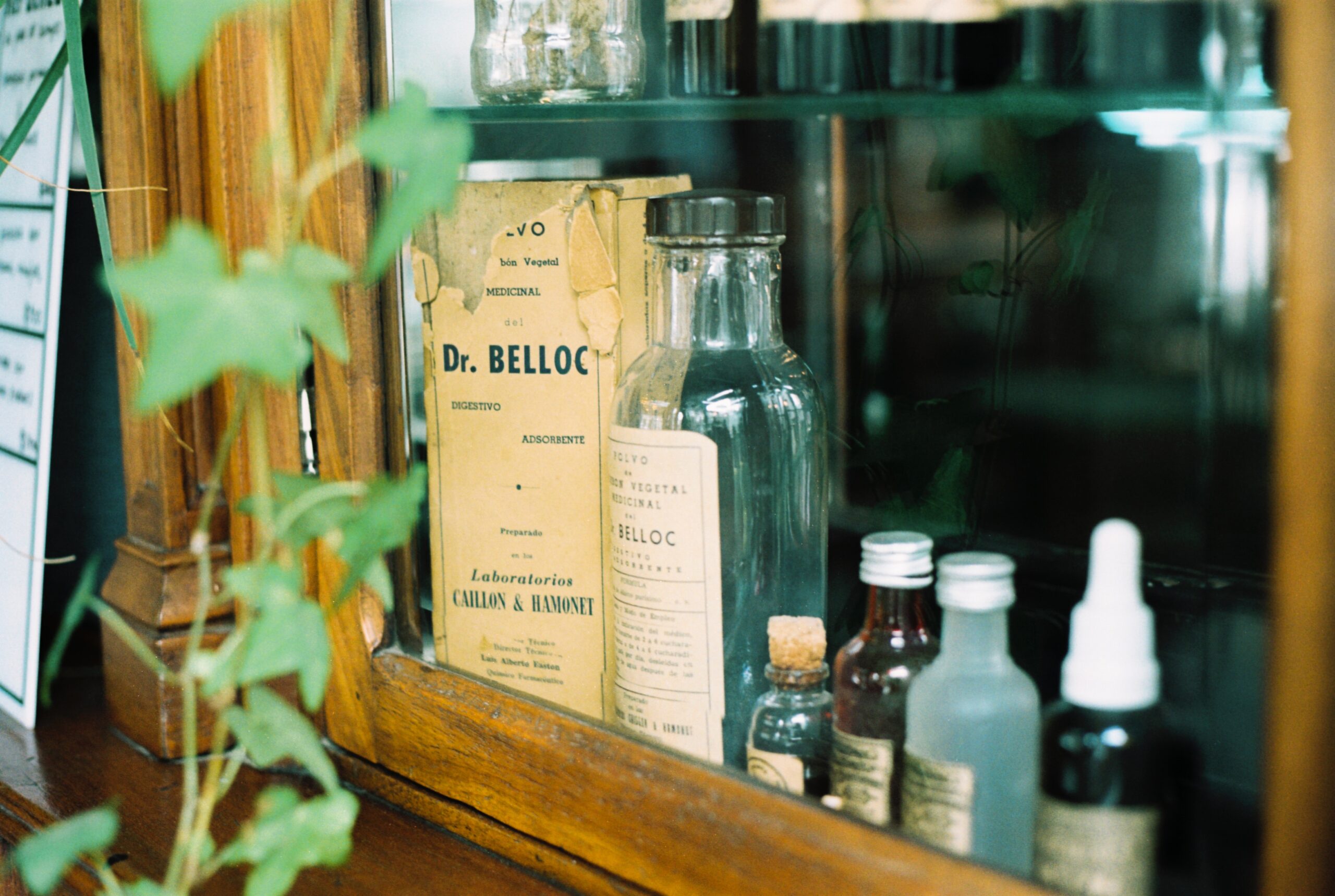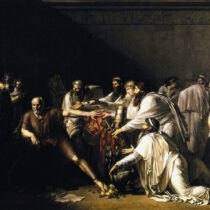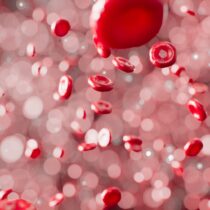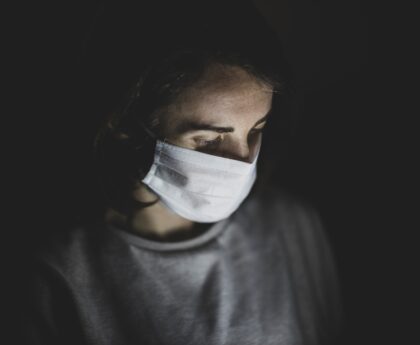It is difficult to say exactly when the history of medicine began. It is known that already in ancient times certain plants were used for medicinal purposes, after it was discovered during their use that some of them could, for example, relieve abdominal pain, soothe or remove fever. The use of medicinal plants is considered the oldest part of medicine, and dates back to prehistoric times.
The first surviving medical sources are the papyri of ancient Egypt. At this time, medicine was already taught in special schools, although it was not separated from the higher powers, so the priests were engaged in it. The Egyptians knew the rules of hygiene, they knew how to use medicinal plants, they knew how to treat and even prostitute teeth (artificial teeth were attached to their own with gold wire), they knew about cancer and made attempts to treat it, they knew about infectious diseases and the ways of their transmission.
Ancient India is considered to be the founder of medicine as a science. Just as in Egypt, human health here was subject to the gods and ruled by the elements. However, the ancient Indians already had a developed system for diagnosing diseases and were able to perform surgical operations, quite complex ones such as cataract removal. The beginnings of plastic surgery were also laid here. It was Indian doctors who learned how to restore lost body parts, such as the nose or ears. In ancient India, great attention was paid to disease prevention, keeping the body healthy through hygiene, balanced diet and exercise. Indian doctors knew the properties of herbs and minerals and could prepare thousands of medicines from them. Midwifery was also at the top of its game.
The Renaissance
The Renaissance period was a renaissance of medicine as well. At that time such sciences as anatomy, already well studied by that time, histology and physiology were developed. The system of blood and lymph circulation and nerve conduction were explored. This period and the one that followed led to the development of many medical theories, not all of which were later confirmed. However, although not always directly, physicians are getting closer and closer to understanding the body and the laws by which it functions; there are fewer and fewer blank spots, and better and better at treating disease. The importance of hygiene has been rediscovered.




